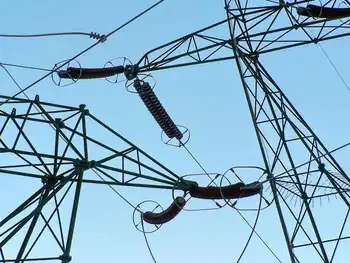Constellation profits boosted with EDF venture
By Industrial Info Resources
Protective Relay Training - Basic
Our customized live online or in‑person group training can be delivered to your staff at your location.

- Live Online
- 12 hours Instructor-led
- Group Training Available
Year-over-year comparisons are difficult, as the company experienced several structural and financial changes in 2009. Constellation had originally planned a merger with MidAmerican Energy Holdings Company in 2009, but subsequently cancelled the merger (and paid a $175 million termination fee) in order to form a joint venture with EDF Development Incorporated , a wholly owned subsidiary of Electricite de France SA (EDF) The deal closed in November, and Constellation sold 49.99% of its nuclear fleet to EDF for $4.5 billion, raising the company's earnings for the fiscal year.
The joint venture, known as Constellation Energy Nuclear Group LLC, has three nuclear power facilities in its fleet: the 1,750-megawatt (MW) Calvert Cliffs Nuclear Power Plant in Lusby, Maryland; the 1,758-MW Nine Mile Point Nuclear Station in Lycoming, New York; and the 581-MW R.E. Ginna Nuclear Power Plant in Ontario, New York, which Constellation purchased in 2004.
Including a planned $9 billion, 1,600-MW unit addition at the Calvert Cliffs facility, Industrial Info is currently tracking more than $10 billion of active projects of Constellation Energy Group. The Calvert Cliffs Unit 3 addition project is one of 19 nuclear projects that applied for a portion of $18.5 billion in federal loan guarantees. Earlier this month, $8.8 billion in loan guarantees was provided to the Southern Company for construction of units 3 and 4 of the company's Vogtle nuclear power station.
"The DOE loan guarantee remains one of the critical components in funding this investment, and we are hopeful that a positive decision will be forthcoming," said President and CEO Mayo Shattuck in a conference call regarding the earnings.
Set to kick off next month is the estimated $50 million uprating project of the Unit 2 reactor at the company's Nine Mile Point Nuclear Station in Lycoming, New York. The multi-phase project involves equipment replacement and overhaul, as well as control system upgrades, and will add 158 MW to the unit. The $50 million project is set to begin in March and will take about two years to complete.











